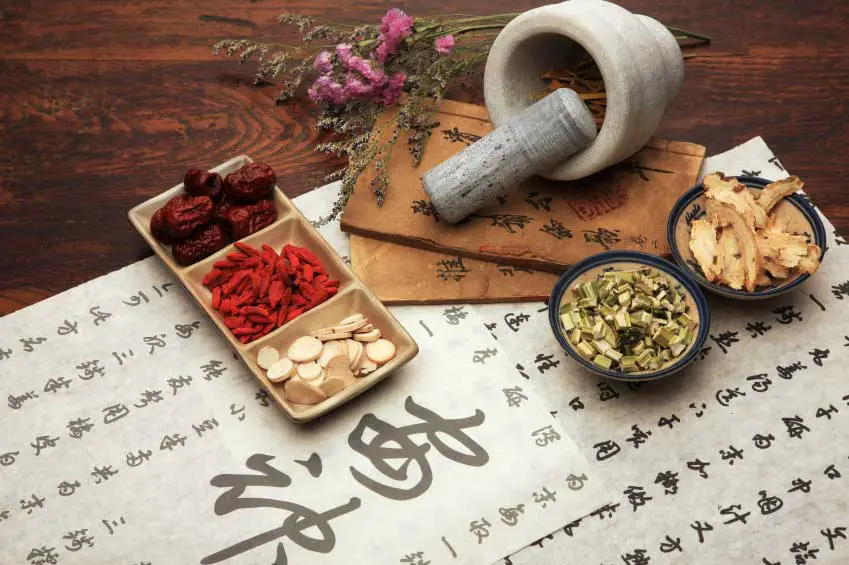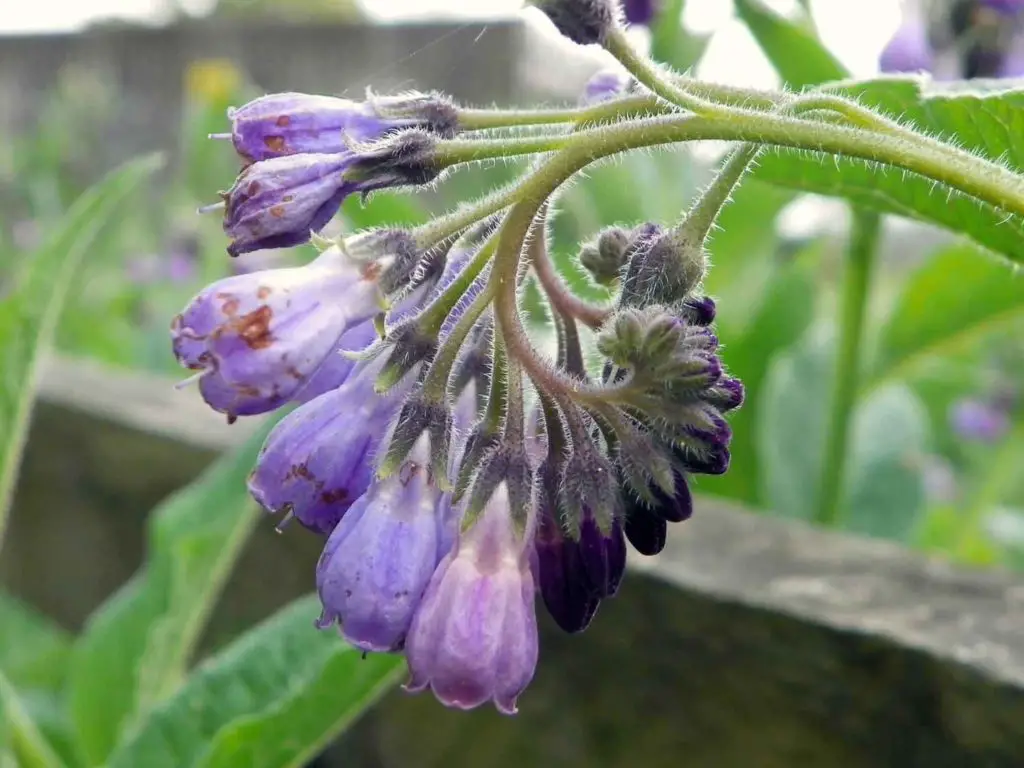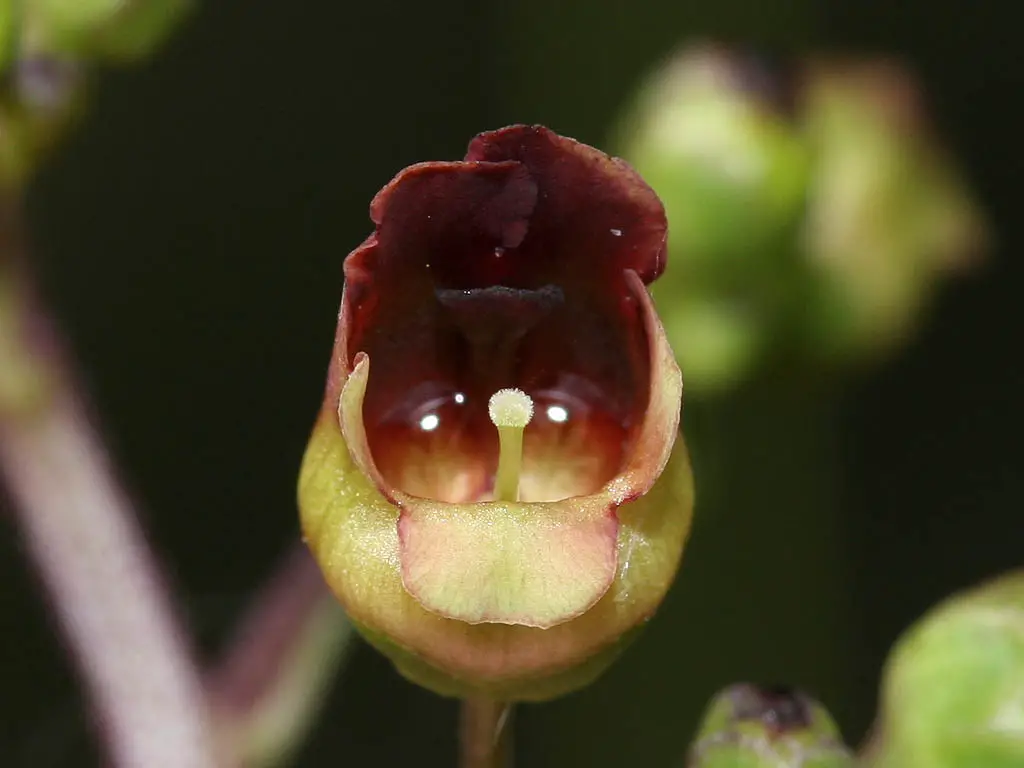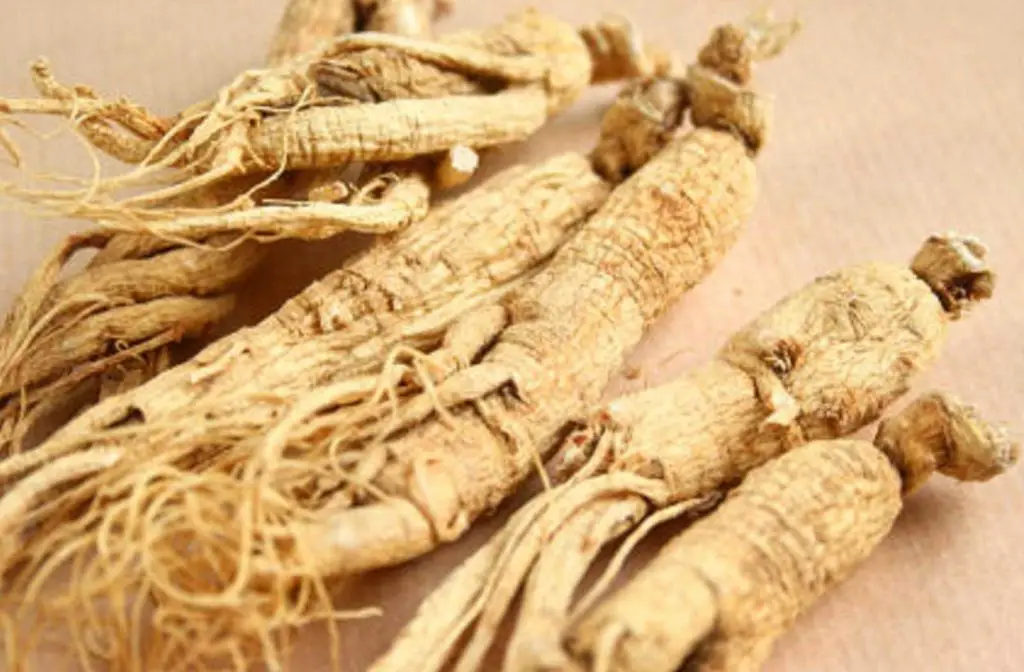What is Xiao Yao Wan?
Xiao Yao Wan (逍遥丸), also known as xiāo yáo wán, Xiao Yao San, Xiao Yao Pian and “Free and Easy Wanderer,” is an Ancient Chinese herbal medicine typically used to treat stress and depression. Its recipe was first published in 992 CE in the book Tai Ping Imperial Grace Formulary. The traditional idea behind this treatment is that is treats a stagnated Liver Qi, which refers to trapped energy within the liver. Xiao Yao Wan is intended to release that energy and create harmony throughout the body. Although it is predominantly used to treat mental disorders, it is also used to treat a variety of other conditions varying from menstruation to digestive issues. It was given the name “Free and Easy Wanderer” due to its history of treating mental and mood disorders. It is particularly recommended for women as it is thought to stabilize mood swings associated with pre-menstrual syndrome.

Due to its popular use in China, it has been subjected to frequent scientific testing. While those tests did show promising results, others have called the methodology of those tests into question. No studies performed thus far meet international regulations that are required to recommend Xiao Yao Wan as a proper medicine.
Xiao Yao Wan Ingredients
Multiple herbs are combined to make Xiao Yao Wan. Depending on the manufacturers of the supplement, ingredients may vary slightly, and various ancient texts do report different recipes to make Xiao Yao Wan. However, there are some common herbs found in most combinations, and each herb has a traditional purpose:
Bupleurum root (柴胡): Soothes the liver by dispersing trapped energy
Peppermint (薄荷): Soothes the liver by dispersing trapped energy
White Atractylodes (白术)
White Peony Root (芍药): Nourishes blood and liver
Dried Ginger Rhizome (Pao Jian): Regulates the stomach and warms the core
Dong Quai (当归): Balances female hormones
Licorice Root (甘草): Warms the core and replenishes trapped energy
Poria Coco Fungus (茯苓): Neutral balancing ingredient
Xiao Yao Wan Benefits and Uses
Stress/Anxiety
Multiple studies on rats show a positive effect of Xiao Yao Wan on stress. An experiment in 2014 induced immobilization stressors on a group of rats, and results showed that those treated with Xiao Yao Wan have physiological reactions to positively combat stress and anxiety. The researchers concluded that the treatment can reduce stress-induced behaviors. This was confirmed again by another study on rats in 2017.
Fertility
Although research has yet to confirm this, Xiao Yao Wan is traditionally used to boost fertility. Some claim that Xiao Yao Wan cleanses the Qi to prevent stagnation during the menstrual cycle an improves the quality and length of ovulation. However, once pregnant, women should stop taking Xiao Yao Wan.
Depression
A 2009 study reported that Xiao Yao Wan can be used to treat depression alone or in combination with other antidepressants. However, a 2011 study questioned the results of the 2009 study because the 2009 study results were similar to that of the placebo group’s results. Because the drug was not statistically different than the placebo, it is not possible to confirm if the drug was actually effective or if the patient just imagined the drug into working. Additionally, the 2009 study did not follow the methodological international standards. The 2011 study reported that although there may be some merit to the use of Xiao Yao Wan for the treatment of depression, much more rigorous study is necessary to confirm this. Since this debate, studies are still being performed on rat and mice models to confirm the connection between depression and Xiao Yao Wan.

Blood Pressure/Hypertension
Research in this area is very preliminary, but a 2015 study suggests that there is a possibility that Xiao Yao Wan can be used to reduce hypertension in patients with type two diabetes.
Bipolar
Given that Xiao Yao Wan is typically used to treat psychological disorders like depression and anxiety, it has a reputation as being a mood stabilizer that could possibly be used to manage the highs and lows of bipolar disorder. However, this is not yet confirmed by laboratory or clinical research.
Headaches
One 2011 study showed that a Xiao Yao Wan treatment intended to treat menstrual symptoms actually reduced menstrual related headaches. However, there were relapses in headaches post-treatment, and many felt no change in their headaches after treatment. Another smaller study reported an improvement in migraines, but more research is needed with this as well.
Menopause
The inclusion of the root dong quai in many recipes of Xiao Yao Wan is thought to reduce the intensity of hot flashes in menopausal women. Research in this area is preliminary and requires more rigorous testing, but a 2003 and a 2007 study showed that menopausal women given a tea containing dong quai experienced improved hot flash symptoms.
Menstruation
A study in 1998 showed that Xiao Yao Wan may regulate periods by controlling estrogen levels. This was a smaller study with only 51 patients, so a larger clinical trial is needed to confirm this. One of the ingredients often used to make Xiao Yao Wan, ginger, was shown in the 2009 study to reduce the length of periods.
Menstrual Cramps
Some of the ingredients in Xiao Yao Wan are known to lessen the severity of menstrual cramps. Chinese Angelica root and licorice root were ingredients use in a tea in a 2008 study which showed that women who drank the tea had less severe cramps.
Sleep
In the same 2007 study that showed improved symptoms in menopausal women also showed that women who ingested a dong quai tea experienced less sleep disturbance.
Liver
A 2005 study showed that patients with liver stagnation and spleen deficiency syndrome treated with Xiao Yao Wan saw improvements in their conditions. Other studies report improvements in patients who suffer from fatty liver disease, Hepatitis B, and liver cancer. These results still require more thorough experimentation and clinical trials.
Ovarian Cysts
In 2014 a study was successfully performed and showed that a Xiao Yao Wan treatment improved the symptoms of Polycystic Ovarian Syndrome, and another study in 2010 showed that Xiao Yao Wan improved ovarian cysts as well. These studies warrant further investigation with updated methodology to determine if there is truly causation behind the correlation.
Progesterone
A three month long clinical trial during 2014 on the effects of Xiao Yao Wan and Breast Proliferation Disease showed that progesterone levels in saliva decreased over the course of the study.

Digestion
During a 2017 experiment on rats concerning the effects of Xiao Yao Wan and immobilization stress, researchers found a connection between the herbal remedy and the brain-gut axis. During times of stress, gut discomfort may accrue, and Xiao Yao Wan treats this by regulating peptides released by both the hypothalamus and the gastro-intestinal tract. The peppermint used in Xiao Yao Wan has shown in preliminary studies to be effective at treating irritable bowel syndrome.
Nerves
A study published in 2016 using a rat model showed a positive effect on Xiao Yao Wan and stress induced injuries. In this study Xiao Yao Wan showed to be a neuroprotective agent, and larger, future studies are warranted in order to confirm this.
Acne
Although there is no scientific evidence, some people claim to have experienced improvements in their acne after being treated with Xiao Yao Wan for other various conditions.
Insomnia
A study of forty patients who experienced insomnia were treated with Xiao Yao Wan in 2004. Nineteen people were deemed cured of their insomnia by the end of the study, and another ten slept at least three hours longer than usual and reported an improvement in the quality of sleep
Xiao Yao Wan Dosage
The production of Xiao Yao Wan is unregulated and not approved by the U.S. Food and Drug Administration, and any dietary supplement claiming to be Xiao Yao Wan may contain different proportions of traditional ingredients as well as additional ingredients (e.g. pill capsules and fillers). As such, dosage recommendations differ by the company producing the supplement.
Pills and tablets are available, and herbal supplement producers advise that a serving is anywhere between five to eight pills, and two to three servings should be ingested daily. Traditionally Xiao Yao Wan is brewed as a tea, and there are teas still available for purchase although the supplements are the more popular option.

Xiao Yao Wan Side Effects, Safety, Dangers, Contraindications and Warnings
While most studies report that there are no adverse reactions to Xiao Yao Wan, some people to report experiencing side effects. Side effects are predominantly limited to digestive issues ranging from mild (bloating, gas, and constipation) to severe (diarrhea, Crohn’s disease, ulcerative colitis, and cancer of the digestive organs).
It is suggested not to use with cold medicine and there may be interactions if also taking immunosuppressants. Pregnant women should not take Xiao Yao Wan. Despite its use in treating menstrual conditions, practitioners suggest not taking it during heavy periods.
Since the production of Xiao Yao Wan is unregulated, some samples could be contaminated with unknown and potentially dangerous substances. One laboratory analysis showed that a batch of Xiao Yao Wan supplements contained heavy metals that are toxic to humans.
Furthermore, since it is unregulated and still requires medical research, it is not suggested to take Xiao Yao Wan with the intentions of curing serious ailments without consulting a licensed medical professional.
References:
https://www.ncbi.nlm.nih.gov/pmc/articles/PMC3159992/
https://www.ncbi.nlm.nih.gov/pmc/articles/PMC4291141/
https://www.sciencedirect.com/science/article/pii/S2095754816301867
https://www.jstage.jst.go.jp/article/bpb/40/2/40_b16-00694/_html/-char/ja/
https://www.ncbi.nlm.nih.gov/m/pubmed/16265986/
http://journals.plos.org/plosone/article?id=10.1371/journal.pone.0145109




